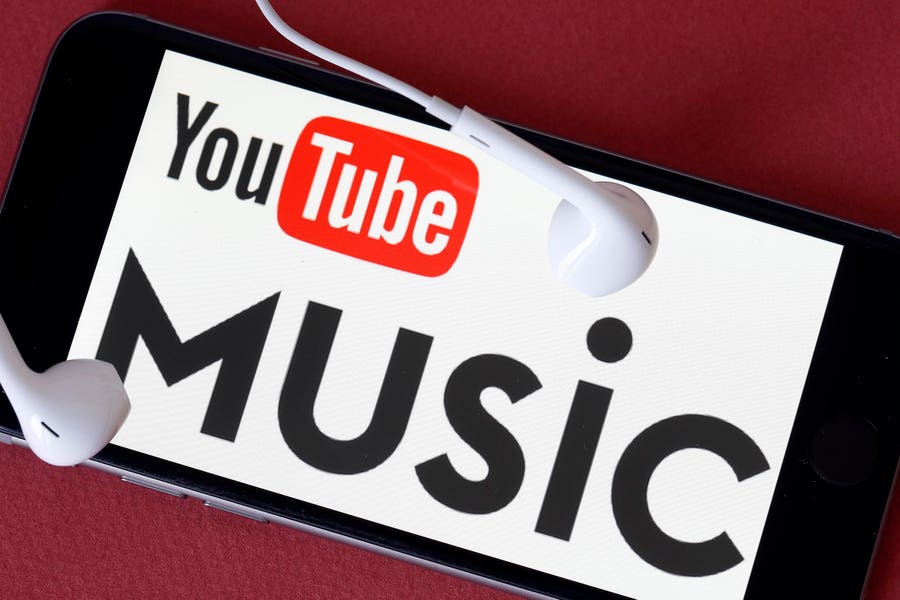It is quite a challenge to achieve success as a composer, let alone reaching stardom in the music industry. YouTube Music, with the assistance of artificial intelligence, aims to simplify the path for individuals to fulfill their dreams of becoming music stars or at least think like top-tier music producers.
Recently, the Google-owned platform introduced Dream Track in YouTube Shorts, powered by Lyria, Google’s advanced song generation model. Users have the opportunity to select the song’s direction before choosing the artists, while AI takes on the intricate task of crafting the lyrics. A limited group of artists and creators currently have access to this feature, and their feedback on YouTube Music will determine the potential integration of AI in content creation.
Noteworthy musicians such as Alec Benjamin, Charlie Puth, Charli XCX, Demi Lovato, John Legend, Papoose, Sia, T-Pain, and Troye Sivan have joined forces to collaborate on this innovative project. A select group of creators can utilize this tool to produce entirely unique AI-generated tracks lasting up to 30 seconds.
According to Lyor Cohen, the global head of music, and Toni Reid, the vice president of emerging experiences at YouTube, creators can input a concept into the creation prompt and select a participating artist from the carousel to generate an initial Shorts music featuring the AI-composed lyrics.
Despite the initial AI-generated tracks not having the potential to dominate the charts or win Grammy awards, the technology showcases the ability to mimic the vocal styles of the artists involved. This trend in AI-generated content creation tools indicates rapid advancements in the field.
YouTube Music’s recent announcement regarding the disclosure of AI usage in content creation aligns with the unveiling of Dream Track. This proactive approach may signify a strategic shift towards embracing AI technology in music production.
Charles King, a technology industry analyst at Pund-IT, highlights YouTube’s collaboration with musicians and artists to test the new AI tools, distinguishing it from other conceptual AI platforms. The industry’s increasing scrutiny over the unauthorized use of copyrighted material underscores the importance of transparent AI integration.
Bruce Barber, a professional at the University of New Haven, emphasizes the rapid evolution of technology in music creation, distribution, and promotion, urging artists to adapt to the changing landscape.
While concerns persist regarding AI’s impact on creativity and ownership in music production, early adoption of AI technology by artists like those mentioned in the project may empower them to navigate these challenges effectively.
The debate over whether AI can truly replicate the innate “talent” of artists remains open. While AI algorithms can generate unique artistic content, capturing the essence and magic of human creativity poses a significant hurdle.
Ultimately, the reception of AI-generated music by listeners will determine its acceptance and value in the industry. Artists are advised to embrace the evolving landscape of AI-generated music rather than dismiss its potential impact.






